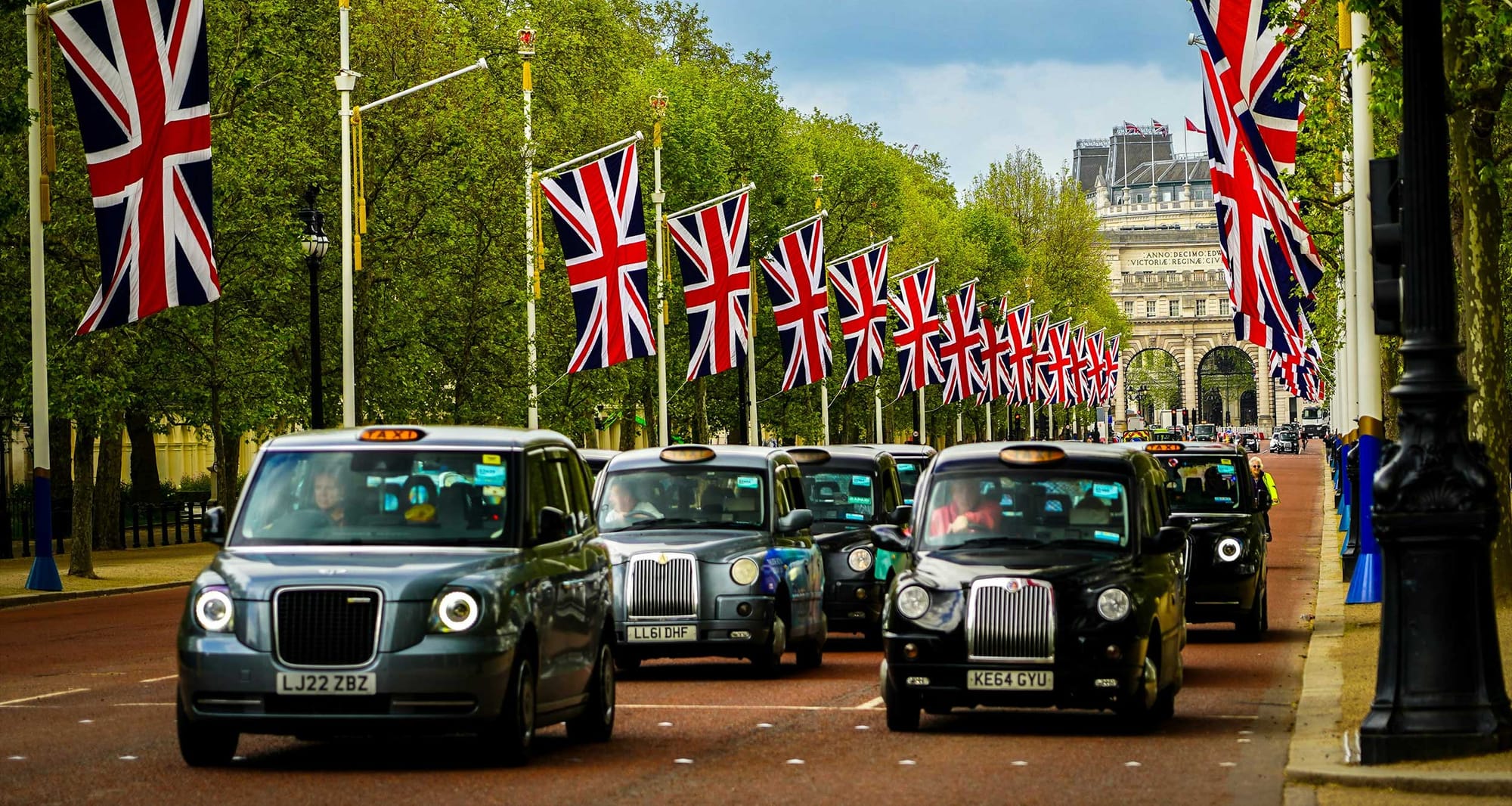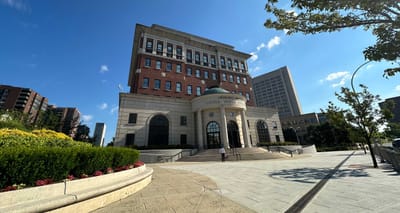In the United States, licensure as a taxi driver is not difficult to obtain, with the most stringent requirements being found in New York City, where the Taxi & Limousine Commission requires applicants to complete a 24-hour driver education course, a passenger assistance and wheelchair accessible vehicle training, an 80-question multiple choice exam, a criminal background check, and drug testing.
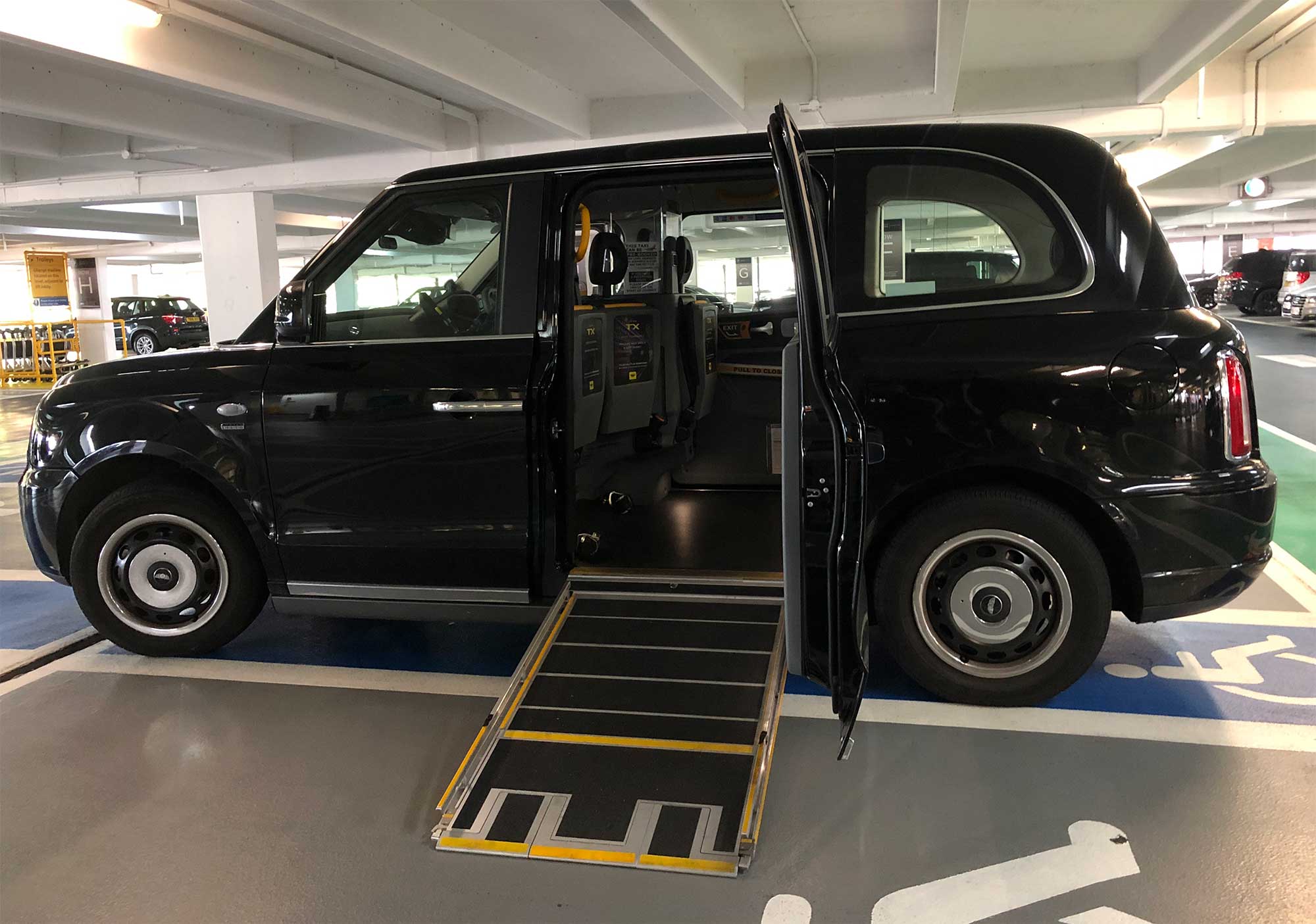
The NYC requirements look like child’s play when compared to those in London, England, where would-be drivers of the iconic black cab must undergo a rigorous examination known as the “Knowledge of London” which often requiring three to four years of education and training.
What is the Knowledge of London?
Following the Great Exhibition of the Works of Industry of all Nations, held at the Crystal Palace in Hyde Park in 1851, many of the attendees were said to have complained that cabmen (then operating horse-drawn carriages), didn’t know their way around the city.
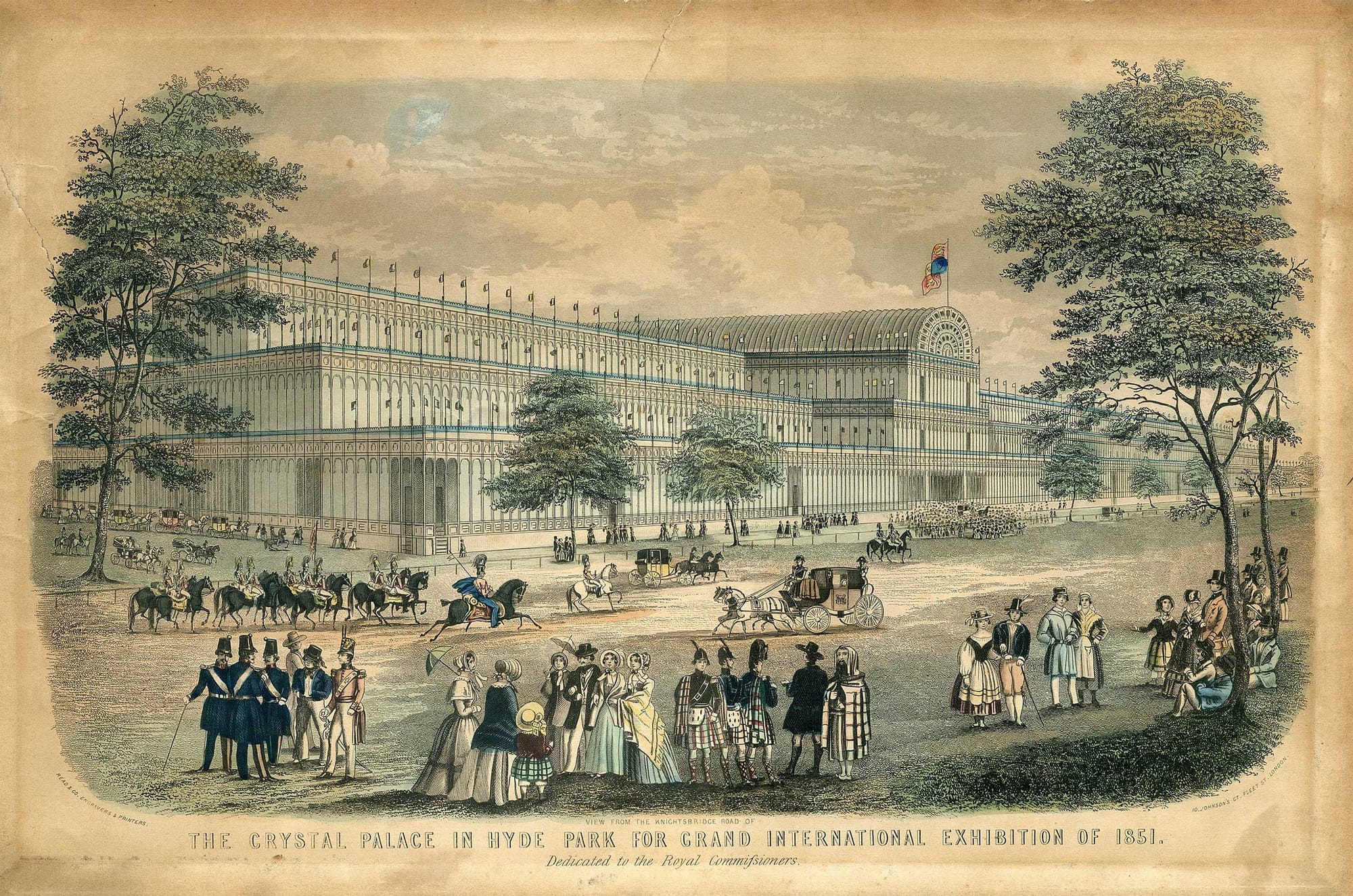
In response, the Knowledge of London was instituted in 1865 as a program to test drivers’ knowledge of the city, its principal streets, squares and public buildings. The program is rooted in the idea that all London cab drivers should “know the quickest routes through London’s complicated road network” by heart.
The curriculum is outlined in the 80-page Guide to Learning the Knowledge of London, also known as the “Blue Book,” and consists of some 320 routes (known as runs) that criss-cross the city. Drivers are expected to learn and memorize these runs, as well as the 25,000+ streets and points of interest (clubs, hospitals, hotels, theatres, embassies, stations, historic buildings, etc.) that are within a six-mile radius of Charing Cross, the official center of London. Candidates’ knowledge is tested through seven rigorous stages of examination.
The 7 Stages of London Cab Driver Training and Certification
Transport for London outlines seven stages of examination that candidates must pass in order to earn a London taxi license, which I have summarized here:
- Stage 1 (Self assessment) — Within six months of starting, drivers can take a self-assessment, which is based on the first 80 routes in the training handbook.
- Stage 2 (Written examination) — This multiple choice exam tests candidates on their knowledge of the Blue Book and the major landmarks in London.
- Stages 3-5 (Appearances) — Candidates must appear before a TfL examiner for a series of verbal examinations. They’ll be asked to answer questions about the shortest routes between randomly selected points in London and, based on the quality of their answers, may be awarded points. TfL states that stage 3 appearances are typically 56 days apart, stage 4 appearances 28 days apart, and stage 5 appearances 21 days apart. Candidates move between the stages only after earning the requisite number of points in each stage.
- Stage 6 (Suburban examination) — In the suburban phase, candidates will be tested on their knowledge of the routes from central London to the 9 suburban sectors, as well as routes to and from Heathrow and London City airports. TfL suggests that this stage should take most applicants six weeks to complete.
- Stage 7 (License application) — Only after learning and being thoroughly tested on the Knowledge will candidates be invited to make a formal application for their London taxi license. License holders must be 21 years of age, have a right to live and work in the UK, and successfully pass an enhanced criminal background check. Once approved, they will meet one last time with a Knowledge examiner to receive a briefing about their responsibilities as a taxi driver.
Additional requirements not specific to the Knowledge examination also apply to taxi drivers, including a taxi driving test from the Driver and Vehicle Standards Agency, which includes a component on loading, unloading and securing a wheelchair. London’s black cabs are unique in that every one has a side-entry wheelchair ramp. You can learn more in my guide to wheelchair accessible taxis in London.
Different pathways lead people to careers as London Cab drivers
In a prospectus targeted at those interested in pursuing a career as a London cabbie, Transport for London shares the stories of four different drivers, which I have reproduced here:
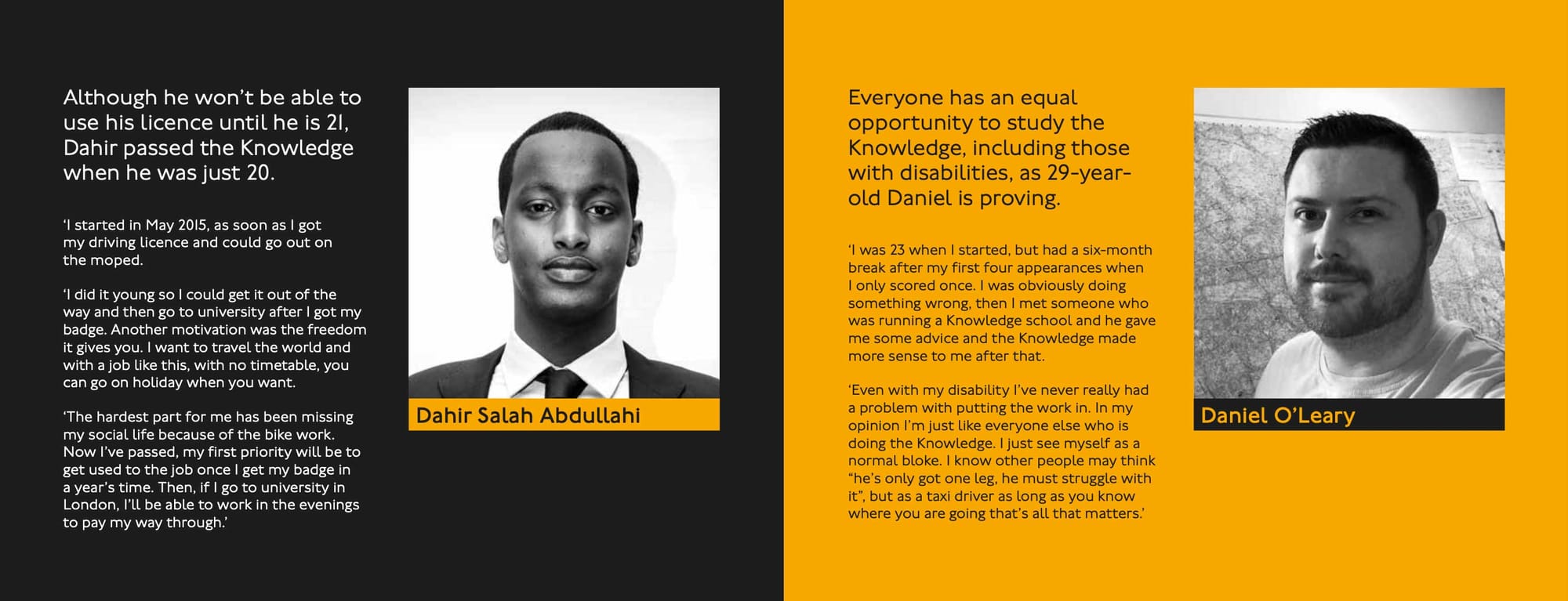
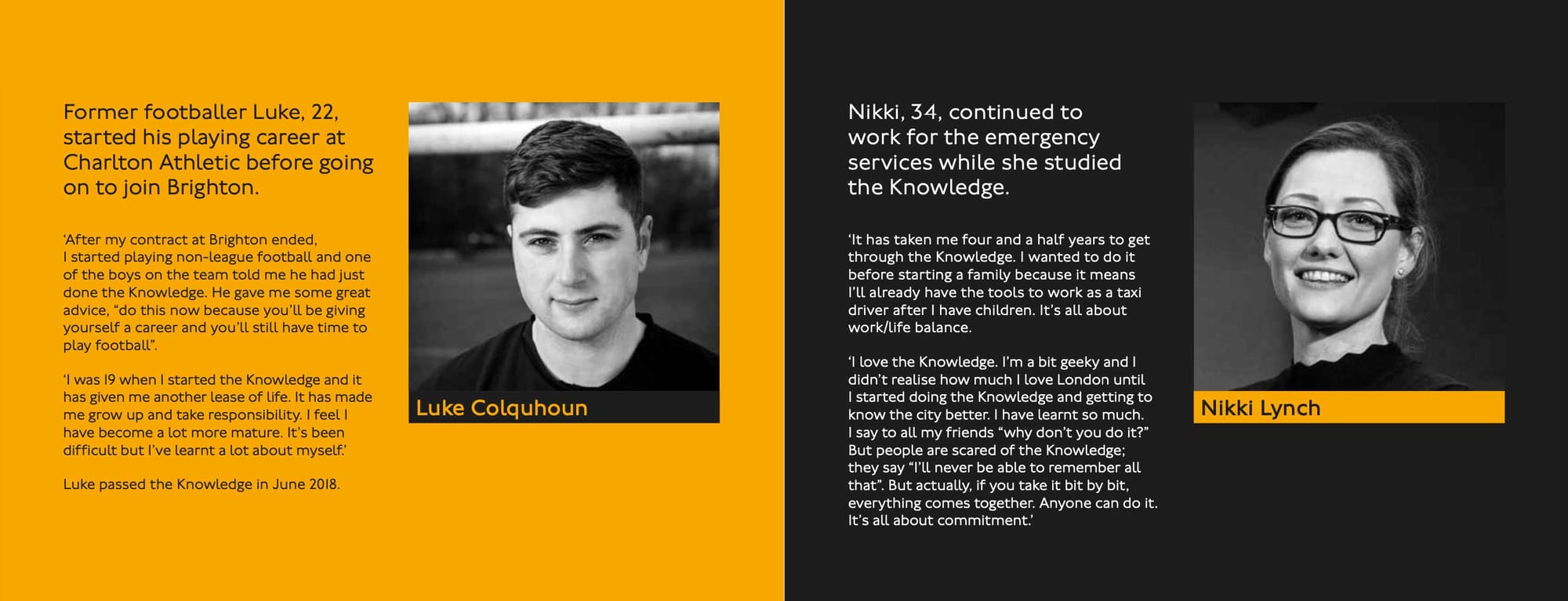
It is incredibly interesting to learn the various routes people take to the driver’s seat of a London cab — in these four stories, we hear from a university student, amputee, professional footballer, and a paramedic. Their diversity of backgrounds contribute to the positive experience that visitors to London rave about, and which I look forward to each time I visit. One thing they share in common is a love for London and their deep knowledge of the city, which is tremendously beneficial to all who hail a cab.
Final Thoughts
The Knowledge is regarded as one of the most difficult examinations in the world, making London’s 24,000 cab drivers part of an elite group. When you hop or wheel into a London cab, you won’t find a driver asking you for directions or consulting Google Maps — their immense knowledge of the city will efficiently get you where you need to go, whether it’s an attraction, hotel, restaurant or your friend’s flat. The Knowledge of London gives me confidence in hailing a cab that I don’t have in other cities, where drivers so often seemed untrained, unprofessional and unserious.
London’s Mayor, Sadiq Khan, is quoted as saying “As the world’s greatest city it is absolutely right that we have, and continue to have, the best and most qualified cabbies in the world.” Whether London is your favorite city or not, it’s clear that no city prepares cab drivers better, with the result being a consistent and positive transportation experience every time I ride.

